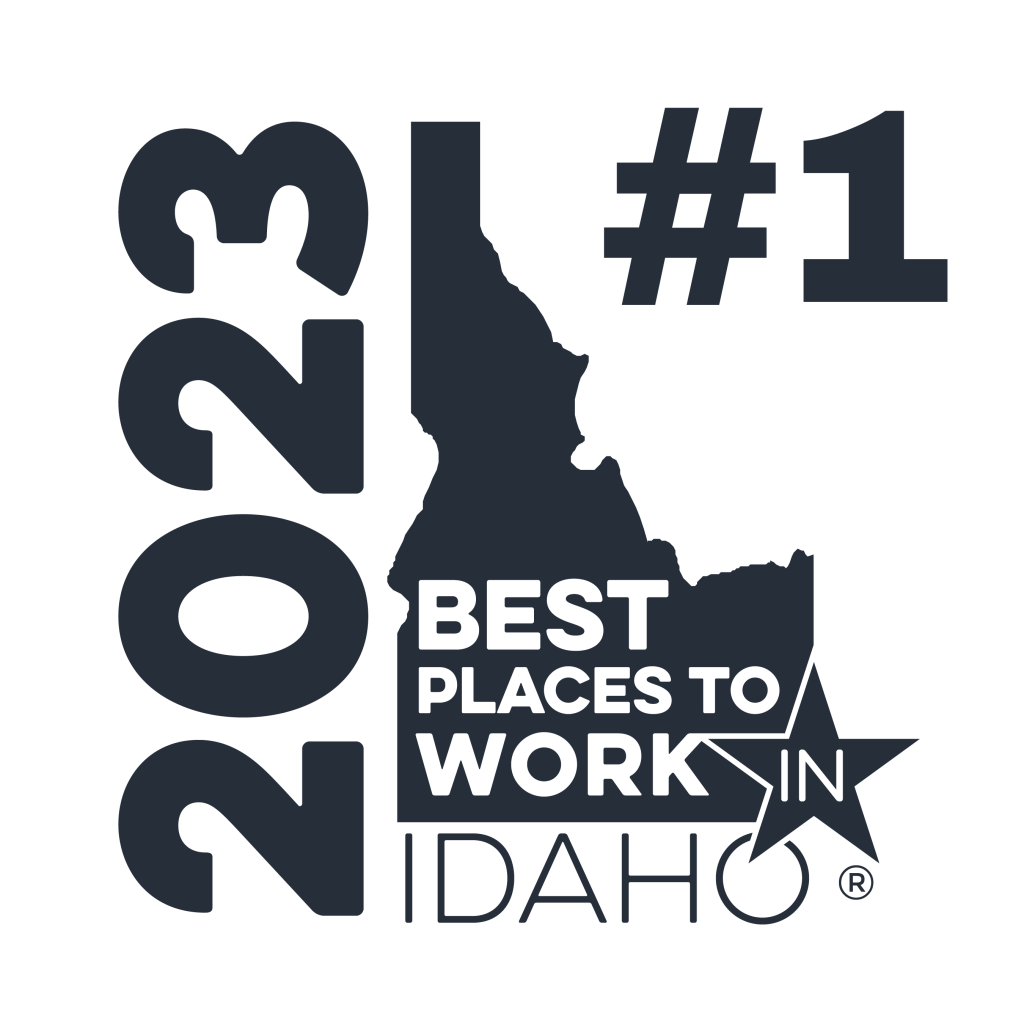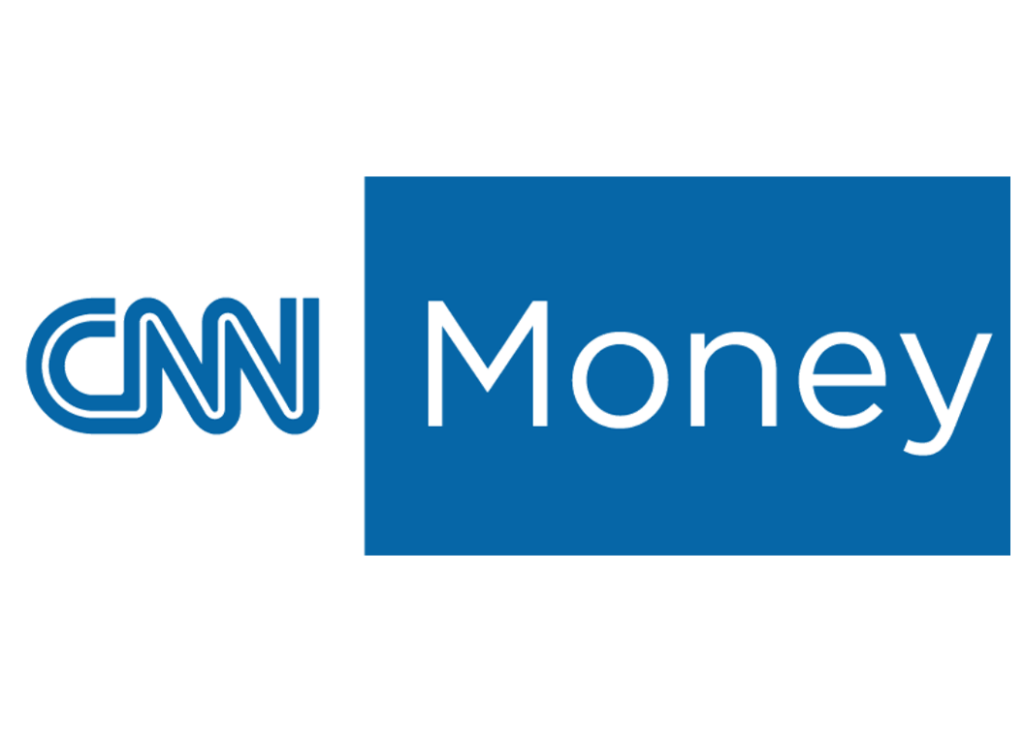SBA Loan Providers: Where can I get an SBA Loan?
Because SBA does not lend directly to small business owners, a bank will process and fund your SBA loan. While many financial institutions are experienced in SBA lending, you may be surprised to learn about your options when it comes to finding the right lender for your small business project.
Where can I get an SBA loan?
In today’s lending landscape, you have a wide variety of financial institutions to choose from. And as we discussed in Chapter 4, the best place to start your SBA lender search might not be with your personal bank. Whether you’re working with an online lender, a global bank or your neighborhood credit union, there are things to consider in every scenario. Here’s an overview of your options when looking where to get an SBA loan.
National Banks
The advantage of working with a large, national bank is their experience processing loans. In most cases, large banks are well versed in SBA lending and likely have SBA preferred lender status. Because they’re doing a high volume of deals, they can also afford to offer more competitive interest rates than their smaller peers. However, larger banks are looking very closely at the numbers and less at the borrower. For example, if you don’t meet the bank’s rigid requirements for credit score or years of experience in your chosen industry, you may be automatically denied the loan regardless of your personal experience or history.
In general, if you’re a very well qualified borrower seeking a large loan and looking for faster processing timeline, a national bank may be a good choice for you.
Local Banks
Not surprisingly, local banks can provide a more personal touch during the SBA lending process. Specifically, if you’re looking to fund a smaller project, need flexibility on the credit requirement or lack experience in your new business’s industry, it may benefit you to talk through your project with a lender at a local bank. Because local banks have an understanding of the community, they may be able to better evaluate how your business will perform beyond just the available numbers.
All local banks are different and have varying experience when it comes to SBA lending, so it makes sense to stop in and talk to lenders before you decide where to apply. One of the possible challenges when working with local banks is that they may not have enough SBA lending experience to have preferred lender status, which will result in a longer processing time.
Credit Unions
Credit unions are not-for-profit financial institutions that aim to benefit their members. So when the credit union makes more money, it’s returned to members in the form of lowered rates and fees. Similar to smaller local banks, one of the advantages of working with a credit union for SBA lending is the personalized experience — you may still be approved for a loan even if your credit history isn’t perfect or you’re new to an industry. And because credit unions have more simple internal hierarchy than traditional banks, they can approve loans more quickly.
If you’re seeking to fund a very large project — in the multi-million-dollar range — a credit union may not be the best place to seek SBA funding. Even though credit unions typically charge lower interest rates, smaller organizations may not be able to fund large deals because they have less funds available for lending.
Online Lenders
Many small business owners are turning to the convenience of online lenders. Because the time and energy that goes into finding the right lending institution can be overwhelming, online lenders are a great way to complete your research from the convenience of your own home. Online lenders also have a quick, streamlined process for loan approval.
However, the convenience and simplified process of working with an online lender comes at a cost. In order to support their expenditures on technology and digital marketing, online lenders typically have higher interest rates. Also, to ensure a streamlined approval process, online lenders have rigid requirements when it comes to credit score and other quantifiable eligibility requirements.
SBA Consulting Services
If you’re still unsure which type of bank is most likely to fund your small business project, or you feel like sourcing banks and filling out multiple applications will take too much time, an SBA consulting service may be the right option for you. SBA consulting service providers assist in the loan application process and give guidance on how to present yourself as a qualified borrower. You’ll also only have to complete one application, which is then sent to multiple banks.
These providers have established relationships with lenders and understand the unique nuances of how each bank lends. They send your application to the banks that are most likely to fund your small business project, and are able to walk you through each step of the process — saving you time and taking the guesswork out of finding the right bank.
Using a third-party provider can sometimes come with a price tag. SBA guidelines say that third-party providers can’t charge the customer and the bank providing the loan a fee – they have to pick one. Guidant Financial handles this by putting you first and making sure the bank carries the fee – which the SBA also says the bank isn’t allowed to charge you a higher interest rate for. We do ask for a good faith deposit of $2,500 upfront, which we refund when you close a loan with one of our lenders for over $200,000 or use ROBS financing with us. Good faith deposits like this are often also required by banks and other institutions – it’s the provider’s “skin in the game” to make sure customers are engaged and serious.
When searching for the right bank to fund your loan, consider your unique business project rather than the bank you’re most familiar with. In some cases, they may be one in the same, but often times not. And whether you’re hoping to borrow $50,000 or $5 million, take a few minutes to pre-qualify for financing and learn how much money you’re able to borrow — it might be more than you think.



















